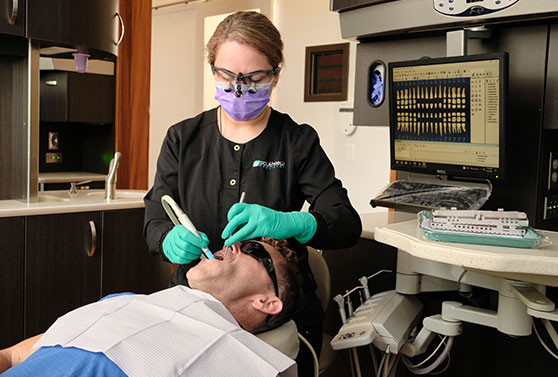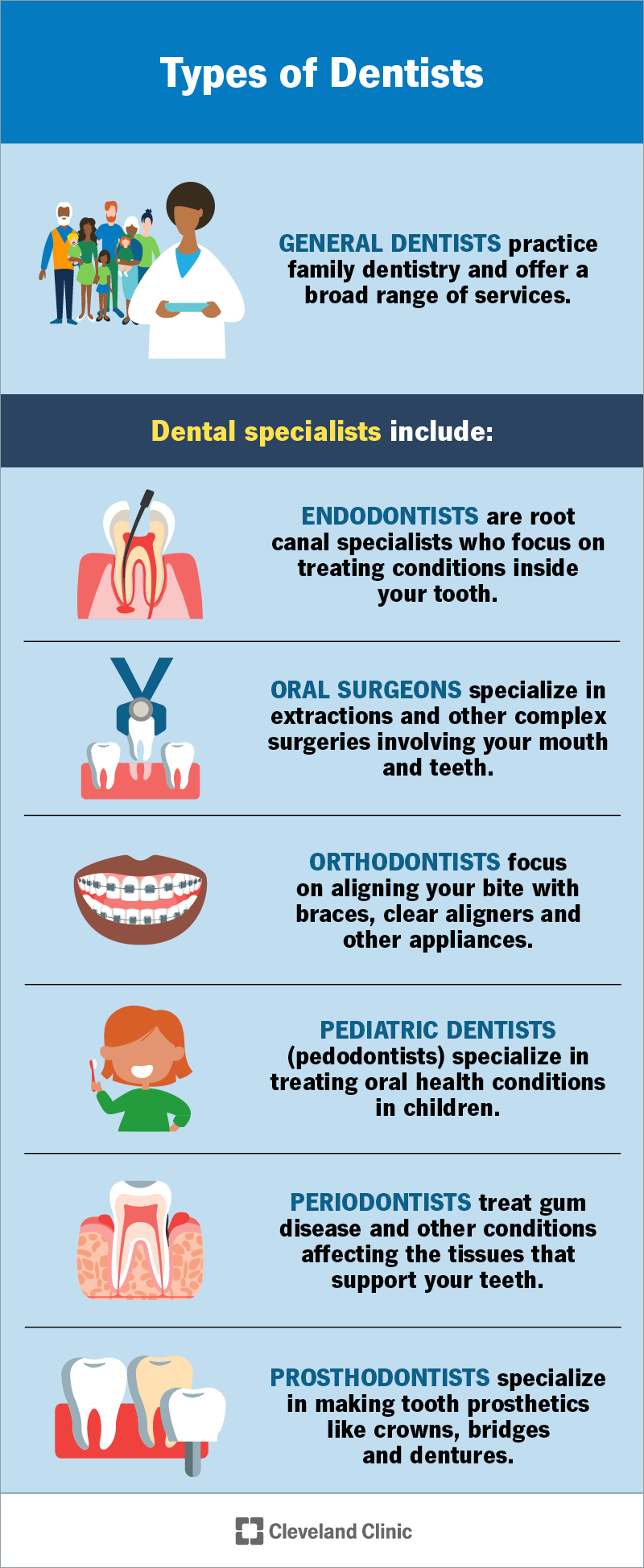Common Inquiries Regarding Dental Veneers Addressed
Dental veneers have become an increasingly sought-after alternative for those wanting to enhance their smiles, yet many people stay unpredictable concerning various facets of their use. Key inquiries commonly develop concerning the application procedure, longevity, and possible risks connected with these cosmetic improvements. The difference in between porcelain and composite veneers can considerably affect one's option. As we explore these common questions, it ends up being important to take into consideration not just the benefits but likewise the implications of going with oral veneers in pursuit of a much more positive look. What factors should one consider before making such a decision?
What Are Oral Veneers?
Oral veneers are slim, customized coverings crafted from porcelain or composite material that are made to cover the front surface of teeth. These dental prosthetics serve both useful and visual purposes, supplying an option for numerous oral blemishes, consisting of discoloration, chips, spaces, and imbalance. By sticking to the teeth, veneers can considerably boost the overall appearance of a smile, creating a much more attractive and uniform look.
Porcelain veneers are particularly preferred for their all-natural translucency and tarnish resistance, making them an ideal option for people looking for durable results. In contrast, composite resin veneers are generally less expensive and can be applied in a single see, but they might not use the exact same toughness as porcelain choices.
The decision to choose for dental veneers often comes from a desire for aesthetic improvement, however individuals ought to also think about elements such as the durability of the material, maintenance needs, and the possible demand for tooth decrease (Low Cost Veneers). Eventually, oral veneers stand for a functional and effective service for accomplishing a glowing smile, satisfying specific aesthetic requirements while promoting confidence and self-esteem
Just How Are Veneers Applied?
The application procedure for veneers needs mindful preparation and accuracy to make sure ideal results. The procedure commonly starts with a detailed assessment, where the dental expert assesses the individual's dental health, reviews desired end results, and figures out the proper type of veneers, whether porcelain or composite material.
As soon as the treatment strategy is established, the dentist prepares the teeth by eliminating a slim layer of enamel, typically about 0.5 mm to 1 mm, to fit the veneer. This step is critical as it guarantees a correct fit and stops the veneers from appearing cumbersome - Porcelain Veneers Washington DC. After prep work, impressions of the teeth are required to create custom veneers that match the client's unique dental framework and aesthetic choices
While the irreversible veneers are being produced in an oral laboratory, momentary veneers might be placed to shield the prepared teeth. When the irreversible veneers are ready, the dental expert will very carefully bond them to the teeth using a solid oral adhesive. Final adjustments are made to make certain appropriate alignment and bite, adhered to by brightening for a natural look. The process finishes in a follow-up visit to check the veneers' fit and the client's complete satisfaction with their new smile.
What Are the Advantages?

Additionally, veneers are recognized for their longevity and resistance to staining compared to all-natural teeth. Made from high-quality materials such as porcelain or composite resin, they can maintain their appearance for several years with correct care. This longevity makes them a useful financial investment in one's oral appearance.
In addition to visual enhancements, veneers can additionally add to improved oral health. By covering harmed or damaged teeth, they can provide additional support and protection, aiding to stop further decay or wear and tear. This safety facet can decrease the requirement for a lot more substantial oral procedures in the future.

For How Long Do They Last?
With proper care and upkeep, oral veneers can last anywhere from 10 to 15 years, making them a lasting option for enhancing one's smile. The long life of veneers largely depends upon the product made use of, the quality of the initial placement, and the individual's adherence to dental health methods.
Porcelain veneers are known for their durability and resistance to discoloration, usually lasting closer to the 15-year mark when cared for properly. Compound veneers, while more cost effective, might require replacement earlier, commonly within 5 to one decade as a result of their susceptibility to wear and discoloration.

Furthermore, putting on a mouthguard during sports or nighttime can supply additional defense. Ultimately, while veneers provide a substantial visual enhancement, their durability is significantly affected by the dedication to proper dental treatment and normal appointments with a dental expert.
Are There Any Dangers?
Taking into consideration the transformative results of oral veneers, it is necessary to recognize the prospective dangers linked with their application. While veneers can boost the look of teeth, the treatment entails the elimination of a thin layer of enamel, which can boost tooth level of sensitivity and vulnerability to degeneration.
One significant threat is the possibility of improper positioning or fitting, causing pain, bite misalignment, or perhaps damages to the underlying tooth framework. Furthermore, if the veneers are not maintained properly, they can come to be tarnished or broken over time, requiring substitute.
Individuals might additionally experience allergies to the materials made use of in the veneers, particularly if they have level of sensitivities to particular dental compounds. While veneers are long lasting, they are not unbreakable; excessive pressure from grinding or clenching can lead to fractures.
It is essential for people to speak with a qualified oral specialist to review their individual threats and to comply with aftercare instructions faithfully. By comprehending these risks, people can make enlightened decisions concerning their dental veneer therapy and guarantee the longevity and success of their improvements.
Conclusion
In recap, dental veneers represent a useful cosmetic solution for improving smiles, with factors to consider other regarding their application, advantages, longevity, and connected threats. Inevitably, informed decision-making relating to oral veneers can lead to satisfactory visual results and enhanced oral wellness.
Dental veneers are thin, customized coverings crafted from porcelain or composite resin that are made to cover the front surface area of teeth. After prep work, impressions of the teeth are taken to create customized veneers that match the individual's special dental framework and visual their website choices.
While the irreversible veneers are being made in an oral research laboratory, temporary veneers may be positioned to protect the prepared teeth. Once the permanent veneers are ready, the dental professional will very carefully bond them to the teeth making use of a strong dental adhesive. Ultimately, informed decision-making concerning dental veneers can lead to acceptable aesthetic outcomes and boosted dental wellness.